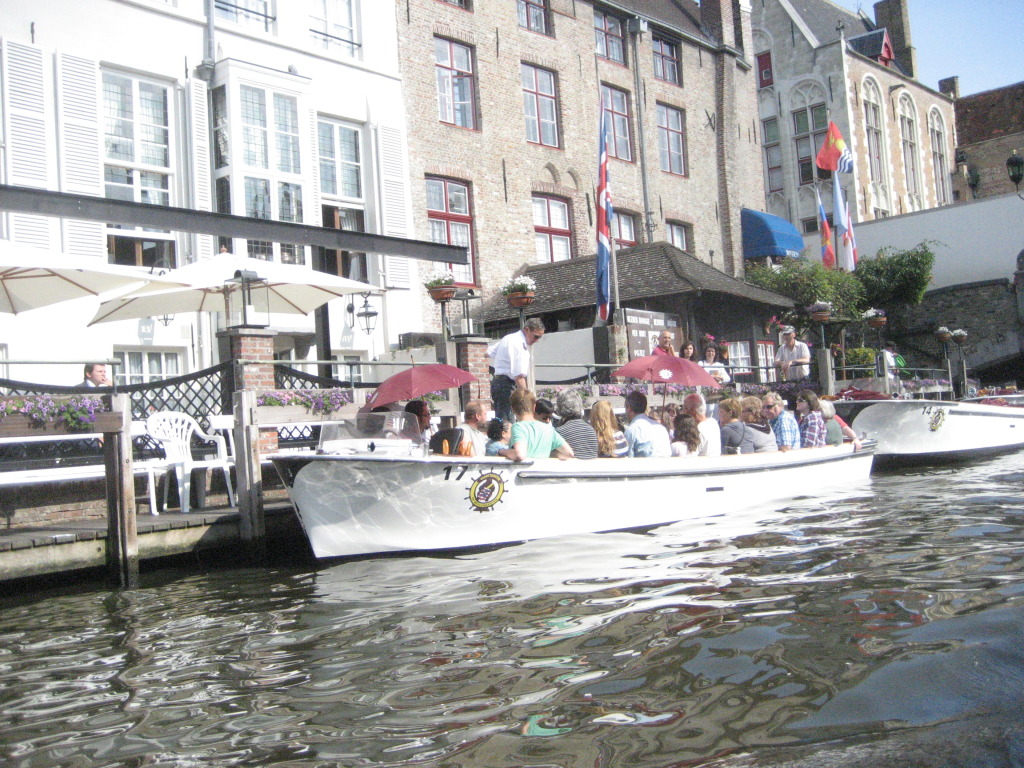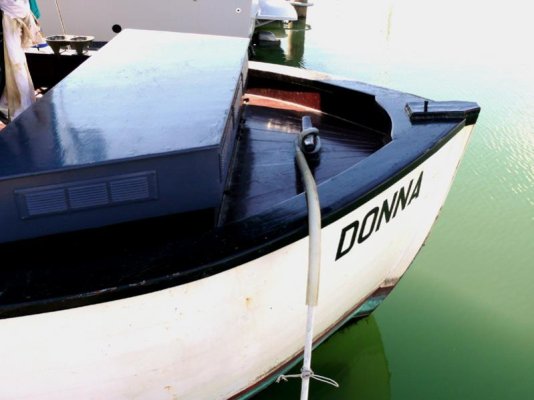Nomad Willy
Guru
Here's Art's comment about gas engines in a trawler.
"Eric – I agree with the need to be VERY, Very careful for gas fumes with a gasser (any competent Captain with well ventilated and equipped boat can readily facilitate these cautions)... and ... I agree that gas engines are VERY, Very quiet compared to diesels. What I find troublesome is that most diesel owners erroneously believe gasoline engines use 2 to 3 time the fuel as diesel at hull speed or below hull speed rates... that just ain’t so... for planning, semi displacement, and full displacement hulls on boats in the size range up to about 45’. Now, if you get into faster speeds on nearly any boat design or for boats bigger than 45’ the torque from large diesel motors is needed for notable fuel consumption reduction compared to gasser. I believe that if you implanted a small, efficiently designed gas engine in your size boat that although you might experience a smidge more fuel usage than equivalent size diesel the simple, inexpensive maintenance and base cost of the gas engine would off-set fuel costs. And the gas motor’s quietness is priceless - worth a fortune!
I agree Art and you may be more right than you know about fuel efficiency gas v/s diesel. Actually I think the two engines are just about exactly the same at full load. It has to do w the 15-1 fuel ratio. At full bore it's just about 15-1 for both engines but the gas engine needs that same ratio all the way down to an idle. But as you reduce load on a diesel the mixture gets leaner and leaner until at idle it's 60-1. You can fry an egg on the exhaust manifold of a gas engine idling but you can practically sit on a diesel.
So if a trawlerman was to run his gasoline trawler engine at the light loads that are typical of the way most run their diesels very poor fuel efficiency would result even though the engine would be much happier doing that than the diesel. But if he could and did rum the gasser at 75 to 80% load the gasser may be close enough to a diesel to not need to consider the difference in fuel consumption.
Older gas engines wouldn't tolerate the continuos heavy load but perhaps new engines could and would.
And of course the safety issue hasn't changed ..... or has it???
"Eric – I agree with the need to be VERY, Very careful for gas fumes with a gasser (any competent Captain with well ventilated and equipped boat can readily facilitate these cautions)... and ... I agree that gas engines are VERY, Very quiet compared to diesels. What I find troublesome is that most diesel owners erroneously believe gasoline engines use 2 to 3 time the fuel as diesel at hull speed or below hull speed rates... that just ain’t so... for planning, semi displacement, and full displacement hulls on boats in the size range up to about 45’. Now, if you get into faster speeds on nearly any boat design or for boats bigger than 45’ the torque from large diesel motors is needed for notable fuel consumption reduction compared to gasser. I believe that if you implanted a small, efficiently designed gas engine in your size boat that although you might experience a smidge more fuel usage than equivalent size diesel the simple, inexpensive maintenance and base cost of the gas engine would off-set fuel costs. And the gas motor’s quietness is priceless - worth a fortune!
I agree Art and you may be more right than you know about fuel efficiency gas v/s diesel. Actually I think the two engines are just about exactly the same at full load. It has to do w the 15-1 fuel ratio. At full bore it's just about 15-1 for both engines but the gas engine needs that same ratio all the way down to an idle. But as you reduce load on a diesel the mixture gets leaner and leaner until at idle it's 60-1. You can fry an egg on the exhaust manifold of a gas engine idling but you can practically sit on a diesel.
So if a trawlerman was to run his gasoline trawler engine at the light loads that are typical of the way most run their diesels very poor fuel efficiency would result even though the engine would be much happier doing that than the diesel. But if he could and did rum the gasser at 75 to 80% load the gasser may be close enough to a diesel to not need to consider the difference in fuel consumption.
Older gas engines wouldn't tolerate the continuos heavy load but perhaps new engines could and would.
And of course the safety issue hasn't changed ..... or has it???



